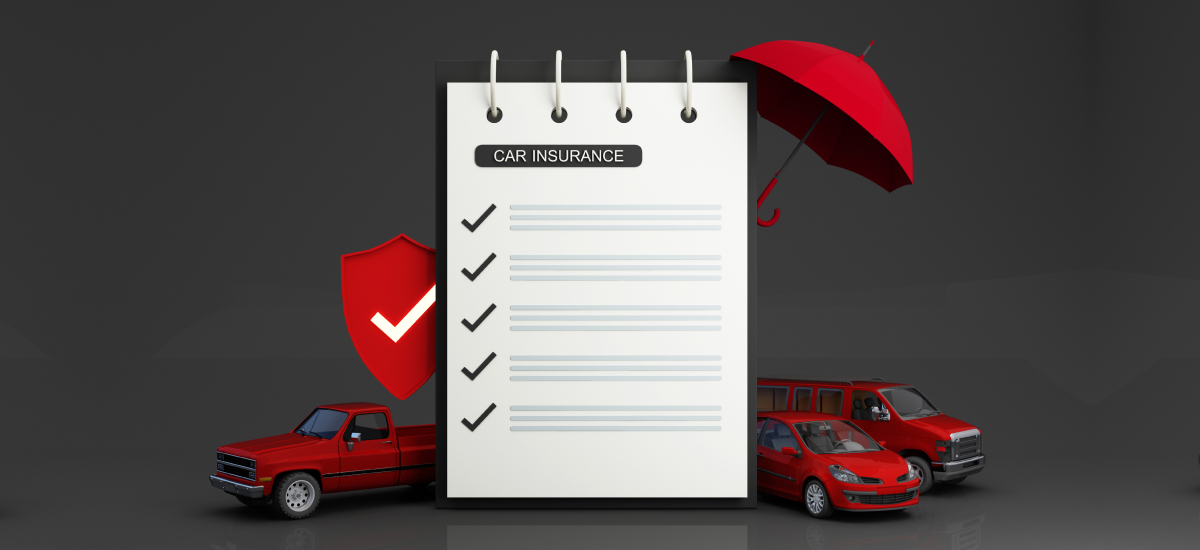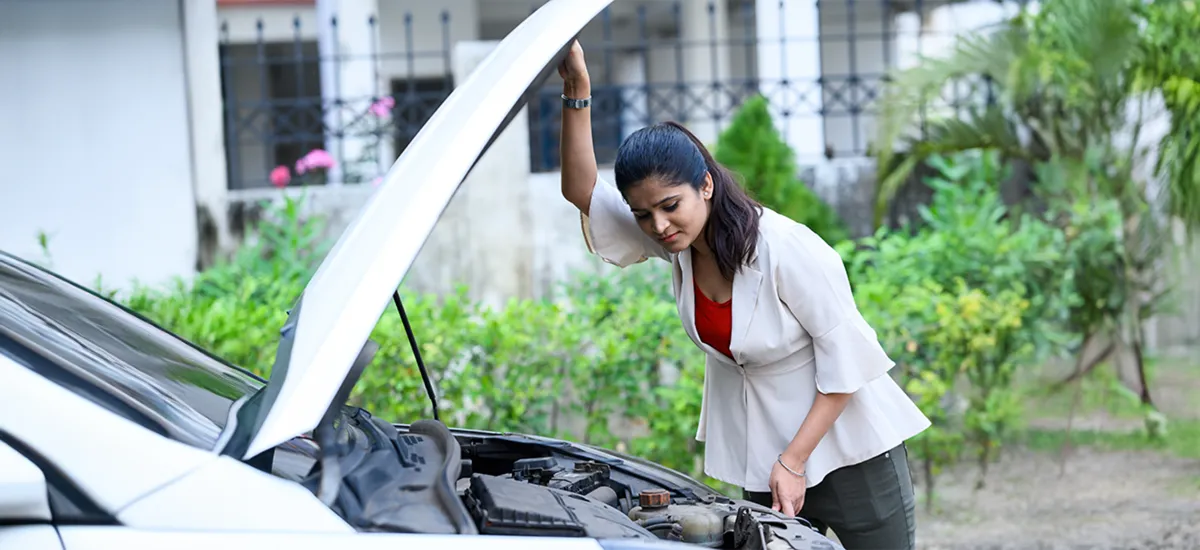Did you know that standard car insurance policies only reimburse a partial amount for damaged car parts due to depreciation? According to the Insurance Regulatory and Development Authority of India (IRDAI), depreciation significantly reduces claim payouts, leaving policyholders to cover the shortfall from their own pockets. This is where zero depreciation car insurance steps in, ensuring full compensation without factoring in wear and tear.
When purchasing car insurance, you often encounter two primary choices: zero depreciation cover and comprehensive insurance. While both provide protection, they differ in how claims are settled, their premium costs, and the extent of coverage. Selecting the right policy can impact your financial security in case of an accident.
Let's break down these two insurance types to help you make an informed decision.
What is zero depreciation car insurance?
Zero depreciation car insurance, also known as bumper-to-bumper insurance, is an add-on cover that ensures the full claim amount is paid without considering depreciation on car parts. Normally, insurers deduct depreciation from the claim payout, reducing the reimbursement amount. However, with a zero depreciation policy, the insurance company bears the entire repair cost, excluding consumables and deductibles.
Key features of zero depreciation insurance
· Covers 100% of repair costs without factoring in depreciation.
· Available as an add-on to a comprehensive insurance policy.
· Higher premiums compared to standard policies.
· Typically applicable for new and relatively new cars (up to 5 years old).
· Limited claim frequency (some insurers cap the number of claims per year).
Depreciation rates in standard comprehensive insurance vs zero depreciation
Car Part
|
Standard Insurance Depreciation
|
Zero Depreciation Cover
|
Plastic Parts
|
50%
|
0%
|
Fibreglass Parts
|
30%
|
0%
|
Rubber, Tyres, Tubes, Batteries
|
50%
|
0%
|
Wooden Parts
|
5% - 10% (depending on age)
|
0%
|
Metal Parts
|
As per car age (5%-50%)
|
0%
|
With this policy, car owners receive maximum reimbursement for repairs, making it particularly beneficial for luxury cars or vehicles with high repair costs.
What is comprehensive insurance?
Comprehensive car insurance is a standard policy that covers damages caused by accidents, natural disasters, theft, and third-party liabilities. However, it considers depreciation while settling claims, meaning policyholders must bear part of the repair costs.
Key features of comprehensive insurance:
· Covers own damage and third-party liabilities.
· Includes protection against theft, vandalism, fire, floods, and other natural calamities.
· More affordable than zero depreciation policies.
· Claims are settled after deducting depreciation costs.
· Suitable for older vehicles where the depreciation impact is lower.
While comprehensive insurance provides broad coverage, it does not reimburse the full value of car parts, meaning out-of-pocket expenses for repairs.
Comprehensive insurance vs zero depreciation: A comparison table
The below table shows the difference between comprehensive and zero depreciation insurance, which makes it easy to compare.
Factor
|
Zero Depreciation Insurance
|
Comprehensive Insurance
|
Premium Cost
|
Higher
|
Lower
|
Depreciation Deduction
|
No depreciation deducted
|
Depreciation deducted
|
Claim Settlement
|
Higher reimbursement
|
Lower due to depreciation
|
Out-of-Pocket Expenses
|
Minimal
|
Considerable
|
Best for
|
New, expensive, or high-maintenance cars
|
Older cars or budget-conscious owners
|
Zero depreciation is ideal for those who want full claim benefits, whereas comprehensive insurance is better suited for those looking for affordability with balanced coverage.
Which one should you choose: Zero dep vs comprehensive?
Understand which policy—comprehensive insurance vs zero depreciation is better for you.
Opt for zero depreciation if:
· You own a new or luxury car where repair costs are high.
· You frequently drive in high-risk areas, increasing the chances of accidents.
· You want maximum claim benefits with minimum personal expense.
· You are not concerned about slightly higher premiums in exchange for better coverage.
Opt for comprehensive insurance if
· Your car is older than five years, where depreciation benefits are negligible.
· You prefer lower premiums with essential coverage.
· You do not want additional add-ons and are comfortable bearing some repair costs.
· You drive infrequently and face minimal accident risks.
For most new car owners, a zero depreciation add-on is a wise choice. However, for older cars, a standard comprehensive policy suffices to balance cost and coverage.
Final thoughts
Choosing between zero depreciation insurance and comprehensive insurance depends on your car's age, financial capacity, and risk tolerance. If you prioritise complete financial protection, zero depreciation is the best bet. If you want an affordable option with reasonable coverage, comprehensive insurance will suffice.
When selecting a policy, compare premiums, claim settlement ratios, and policy features to make an informed decision. Generali Central offers tailored car insurance policies with flexible coverage options to suit your needs. Secure your vehicle today and enjoy peace of mind on every journey!
FAQs
1. How much extra does zero depreciation add to my premium?
Zero depreciation add-ons can increase your premium by 15% to 20%, depending on the car model, age, and insurer. However, it significantly reduces repair expenses.
2. Are there any exclusions in zero depreciation policies?
Yes, while zero depreciation covers most repair costs, engine damage due to oil leaks, regular wear and tear, and mechanical breakdowns are usually excluded.
3. Does zero depreciation cover total loss or theft?
No, zero depreciation does not impact total loss or theft claims. In such cases, the Insured Declared Value (IDV) determines the compensation.
4. How many times can I claim under zero depreciation insurance?
Most insurers allow two zero depreciation claims per year, though some offer unlimited claims. Check your policy terms.
5. Do I need to renew zero depreciation cover every year?
Yes, zero depreciation is an add-on that must be renewed annually along with your car insurance policy.





























